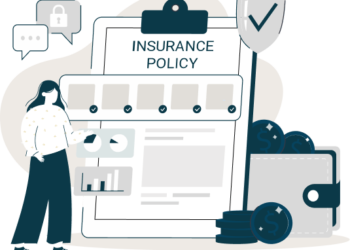Understanding the Basics of Car Insurance
Car insurance is a crucial aspect of responsible vehicle ownership. Insurance provides financial protection against potential losses resulting from accidents, theft, or other unforeseen events. In this article, we'll dig into the basics of car insurance to help you understand its key parts and why it's essential & required to drive in all but two states.




